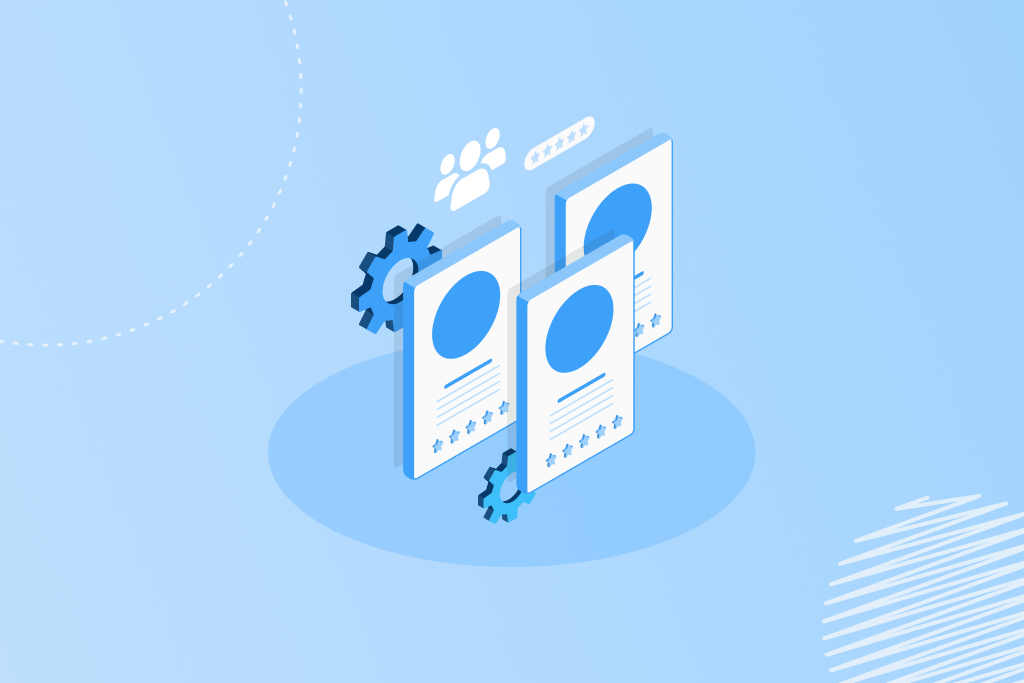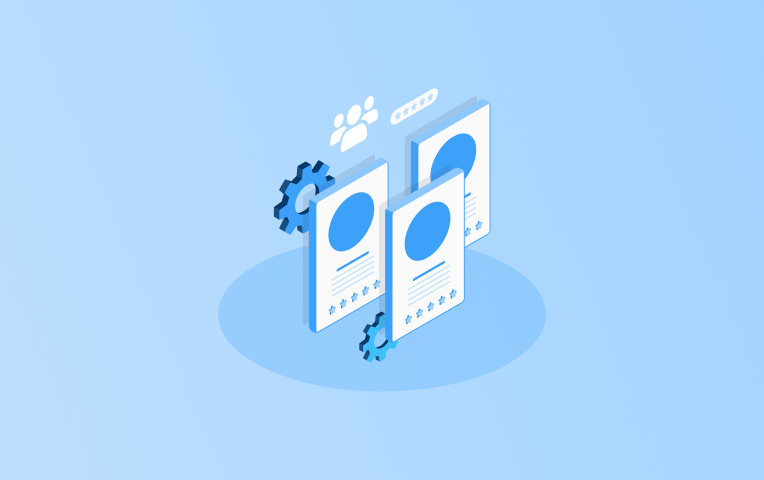Before you decide on a payroll vendor, it’s important to understand what your business needs are and what amount of work your payroll team can realistically achieve. To save on costs and gain more control, many small or mid-size businesses typically opt for in-house payroll processing. Whereas larger organizations (4k+ employees) may require more resources to effectively process their payroll. That’s where outsourcing your payroll process can be beneficial and an outsourced payroll vendor may be the right solution for you.
What is outsourced payroll?
When your organization outsources payroll, a vendor handles the entire payroll process for your company. Outsourcing the complexities of payroll to an external party means less legwork for your payroll team. Whether it’s submitting remittances or preparing payroll for year-end, outsourced payroll processing can reduce compliance risk and free time for your team to focus on other business needs.
The benefits of outsourced payroll processing
For large organizations, payroll is a complex, time-consuming process. When left to payroll vendors, outsourced payroll presents a few benefits:
Less reliant on internal staff
With an outsourced vendor, your organization requires less staff for managing payroll. Instead of an internal department doing the majority of the legwork, your outsourced vendor takes care of the details.
And in case of vacation, illness, or new hires, you likely won’t lose time or miss payroll with an outsourced provider. If you experience turnover in your payroll department, outsourcing payroll provides stability and reliability.
No technology upkeep
When you outsource your payroll, you don’t have to maintain in-house software which may mean less work for your IT department. It’s your provider's responsibility to ensure they’re keeping up with current technological trends and the most recent legislative changes. If considering an outsourced provider, be sure to ask about their innovation initiatives and if they continuously improve their products.
Reduced risk of non-compliance
Ensuring compliance is one of the most vital aspects of payroll. With a dedicated team taking care of payroll remittances and submitting them on time, keeping track of government regulations, and preparing year-end documents, compliance is better assured.
Get time back
For every pay period, payroll departments are required to input data and double-check for payroll errors. With outsourcing, employers only need to approve time and any other adjustments for each pay period. With data entry tasks and errors under control, your employees have more time on their hands to up their productivity and focus on meeting the strategic needs of the business. Outsourcing payroll frees up HR or accounting personnel to work on strategic tasks.
The downsides of outsourcing payroll
While outsourcing payroll offers several benefits, it also comes with some drawbacks and considerations that organizations need to be mindful of before making an informed decision:
Hidden costs
While outsourcing payroll can be convenient, mistakes are bound to happen, and when you choose to outsource payroll, you'll likely be paying between $500-$2500 more towards fixing those mistakes. Depending on the provider, you may also have to deal with anything from year-end processing and late submission fees – with high flat rates – to fees for off-cycle pay runs, terminations, and ROEs.
It's also worth highlighting that many payroll providers follow a per-employee charging system. So, if you’re a mid-size organization opting to outsource payroll, you'll likely end up paying a hefty amount in extra fees. Besides, if you're charged per payroll run – weekly or biweekly payrolls add up fast, affecting your bottom line.
Outsourcing payroll also represents an opportunity cost for organizations, significantly affecting their bottom line even more. Payroll outsourcing companies make hundreds of millions off of employee salaries.
When you outsource, you forego interest income on the amount of your payroll until your employees get paid, and instead, your money ends up in your payroll provider’s pocket. These advanced payments to an outsourced provider tie up company funds that could be deployed elsewhere, such as purchasing inventory or other capital investments.
Time constraints
One of the top benefits of outsourcing is all that time saved when you let someone else handle your payroll, giving your employees more time to focus on strategic initiatives. However, it's not all savings. There is still time lost.
With outsourcing, everything is done on the outsourced provider’s watch, requiring organizations to constantly adjust their payroll processes to their provider’s schedule and not to what works best for them.
Most outsourced providers require you to have your payroll wrapped within 4-5 days in advance, followed by your payment two days in advance. This lack of flexibility means you have less time to get your work done every pay cycle, which makes it less convenient for your organization and potentially impacts your workflow efficiency.
Loss of control
It’s a given once you outsource payroll, you lose control over it – the process, your data, and the accuracy of employee pay.
Without control, organizations lose their ability to fully oversee and manage their payroll operations, leading to limited oversight of the quality assurance processes of the provider. This increases the risk of errors or discrepancies, as the organization may have less ability to monitor and address potential issues effectively.
From last-minute cheques to running trial payrolls for accuracy, outsourcing does not offer that level of freedom. If you need to make last-minute changes, it’s usually too late for a payroll run, and if your outsourced provider makes a mistake, the issue is frustrating to solve. It requires anything from contacting your provider and requesting changes or adjustments to waiting for the next pay period to compensate a new employee correctly.
Outsourcing payroll also involves sharing sensitive employee data, such as salary and benefits information, which must be handled securely and privately. When you outsource, you entrust this data to your provider, relying on their security measures and recovery plans to protect it against any cyber-attacks or potential breaches that may occur.
Conclusion
While outsourcing payroll can offer significant benefits and convenience for your team, hidden costs, loss of visibility and control, and time constraints are all factors to consider before making a decision.
The choice between outsourcing and managing payroll in-house all comes down to your organization's specific needs, resources, and preferences. By carefully evaluating and understanding the advantages and potential drawbacks, you can make a more informed decision that will ensure efficient payroll management and drive your organization forward.
Additional Reading Links
Still unsure whether to outsource or keep payroll in-house?
Check out our savings calculator and see how much you can save when you go in-house or determine what extra charges you’re paying when you outsource.







